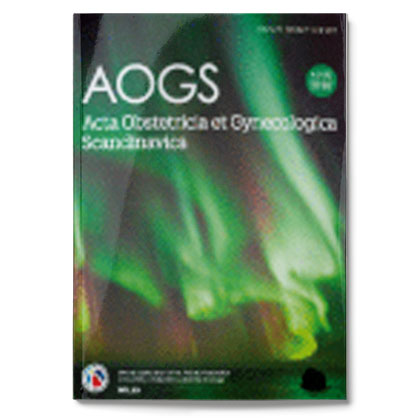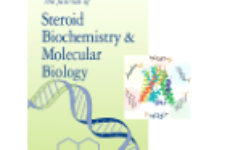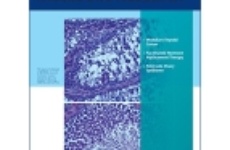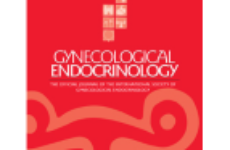Abstract
 Endometriosis is a common cause of pelvic pain and affects up to 10% of women of reproductive age. Aberrant progesterone signaling in the endometrium plays a significant role in impaired decidualization and establishment of ectopic endometrial implants. Eutopic endometrial cells from women with endometriosis fail to downregulate genes needed for decidualization, such as those involved in cell cycle regulation, leading to unbridled proliferation. Several causes of progesterone resistance in the endometrium have been postulated, including congenital «preconditioning», whereby the in utero environment renders infants susceptible to neonatal uterine bleeding and endometriosis. Progesterone action is crucial to decreasing inflammation in the endometrium, and deviant progesterone signaling results in a proinflammatory phenotype. Conversely, chronic inflammation can induce a progesterone-resistant state. Repetitive retrograde endometrial shedding begets chronic peritoneal inflammation, which further exacerbates progesterone resistance. Genetic causes of progesterone resistance include progesterone receptor gene polymorphisms, altered microRNA expression, and epigenetic modifications to progesterone receptors and their targets. Environmental toxins such as dioxin play a possible role in the genesis of endometriosis by permitting an inflammatory milieu. A consequence of impaired progesterone action is that hormonal therapy is rendered ineffective for a subset of women with endometriosis. Synthetic progestins, such as dienogest, may overcome this phenomenon by increasing progesterone receptor expression and decreasing proinflammatory cytokines. Other modalities include high dose depot formulations of progestins, medicated intrauterine devices and the likely advent of oral GnRH antagonists. Unearthing root causes of progesterone inaction in endometriosis will aid in the development of novel therapeutics geared toward prevention and treatment.
Endometriosis is a common cause of pelvic pain and affects up to 10% of women of reproductive age. Aberrant progesterone signaling in the endometrium plays a significant role in impaired decidualization and establishment of ectopic endometrial implants. Eutopic endometrial cells from women with endometriosis fail to downregulate genes needed for decidualization, such as those involved in cell cycle regulation, leading to unbridled proliferation. Several causes of progesterone resistance in the endometrium have been postulated, including congenital «preconditioning», whereby the in utero environment renders infants susceptible to neonatal uterine bleeding and endometriosis. Progesterone action is crucial to decreasing inflammation in the endometrium, and deviant progesterone signaling results in a proinflammatory phenotype. Conversely, chronic inflammation can induce a progesterone-resistant state. Repetitive retrograde endometrial shedding begets chronic peritoneal inflammation, which further exacerbates progesterone resistance. Genetic causes of progesterone resistance include progesterone receptor gene polymorphisms, altered microRNA expression, and epigenetic modifications to progesterone receptors and their targets. Environmental toxins such as dioxin play a possible role in the genesis of endometriosis by permitting an inflammatory milieu. A consequence of impaired progesterone action is that hormonal therapy is rendered ineffective for a subset of women with endometriosis. Synthetic progestins, such as dienogest, may overcome this phenomenon by increasing progesterone receptor expression and decreasing proinflammatory cytokines. Other modalities include high dose depot formulations of progestins, medicated intrauterine devices and the likely advent of oral GnRH antagonists. Unearthing root causes of progesterone inaction in endometriosis will aid in the development of novel therapeutics geared toward prevention and treatment.
Bansari G. Patel, Martin Rudnicki, Jie Yu, Yimin Shu, Robert N. Taylor
Acta Obstet Gynecol Scand. 2017 Jun;96(6):623−632.













